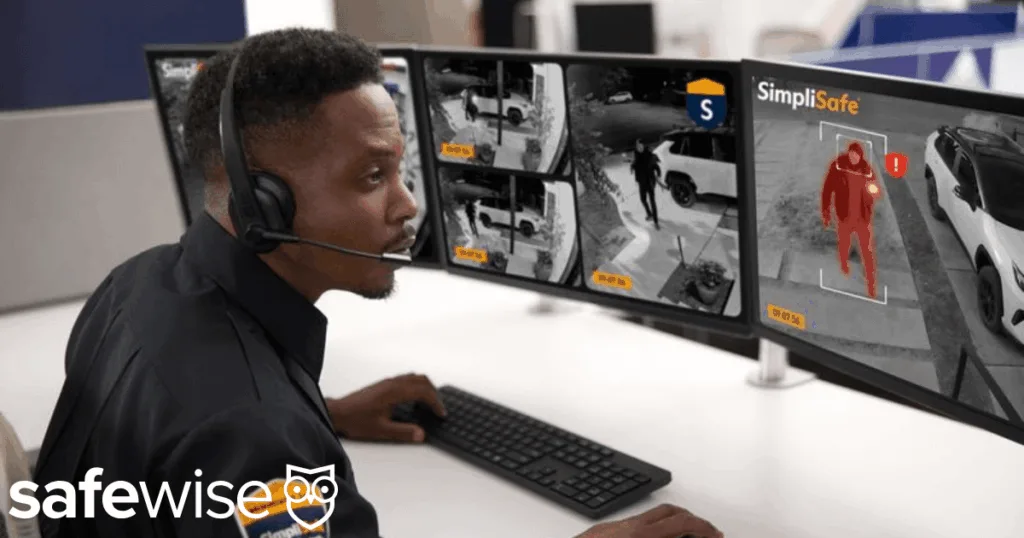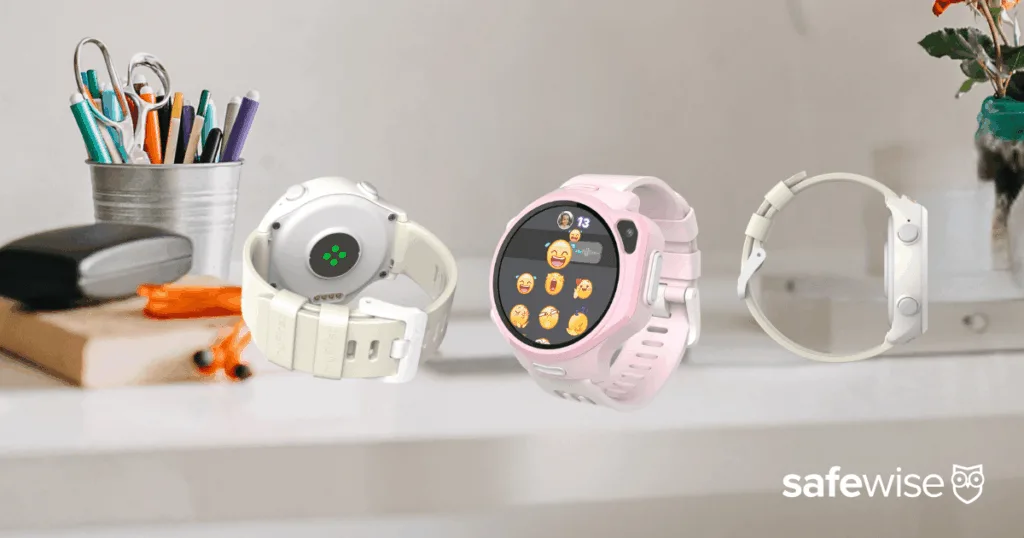When we started researching other LifeFone reviews, we kept expecting to dig up some dirt, but LifeFone came up surprisingly clean.
It gets rave reviews from the majority of users, and the few who give it lower reviews are usually still pretty satisfied, with no major problems.
Like any product, there are a handful of decidedly unsatisfied customers, but we didn't notice any recurring trends or major red flags with this medical alert company.1 It gets an A+ rating from the Better Business Bureau.
LifeFone's customer support is available 24/7, and we like that you can pay your bills and update your customer care profile online or by snail mail.
Another LifeFone feature we like is the Emergency Care Plan.
Rather than an automatic call to emergency services, or a standard list of people to call in an emergency, you can create your own customized plans of action for various potential emergency situations.
For example, if you've just gotten into a tricky spot and need a hand getting up, LifeFone can call a neighbor or nearby family member to come assist you rather than calling emergency responders.
You can make changes to your Emergency Care Plan by phone, email, web portal, or through the mail. LifeFone never charges for false alarms.
















